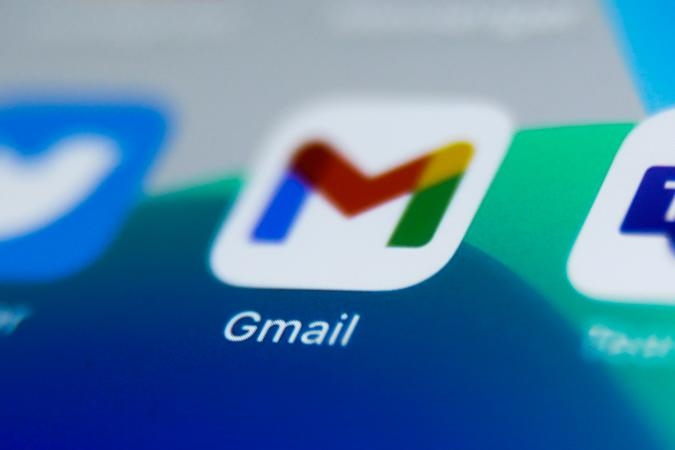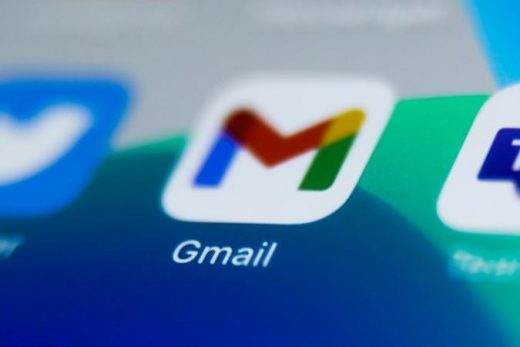Google is trying to keep political campaign emails out of Gmail spam folders
Google is trying to keep political campaign emails out of Gmail spam folders
It plans to make eligible messages exempt from spam filters.


Google is working on a way to ensure emails from US political campaigns reach users’ Gmail inboxes instead of automatically getting dumped into the spam folder. The company has asked the Federal Election Commission for approval on a plan to make emails from “authorized candidate committees, political party committees and leadership political action committees registered with the FEC” exempt from spam detection, as long they abide by Gmail’s rules on phishing, malware and illegal content.
“We want Gmail to provide a great experience for all of our users, including minimizing unwanted email, but we do not filter emails based on political affiliation,” Google spokesperson José Castañeda told Axios, which first reported on the move. Castañeda added that the pilot program “may help improve inboxing rates for political bulk senders and provide more transparency into email deliverability, while still letting users protect their inboxes by unsubscribing or labeling emails as spam.”
If the project goes ahead, users will see a prominent notification the first time they receive an email from a campaign. They’ll be asked if they want to keep receiving such emails. They’ll be able to opt out of campaign notices later too. That should help cut down on unwanted campaign emails, especially for users who didn’t sign up to receive them in the first place, while making sure they still hit inboxes.
Google has noted that a key reason why Gmail puts many campaign emails in the spam folder is because other users often mark the missives as spam. A North Carolina State University study from earlier this year found that Gmail was more likely than Yahoo (Engadget’s parent company) and Microsoft Outlook to algorithmically filter emails from Republican campaigns as spam during the 2020 campaign.
Republican leaders this month introduced a bill that seeks to make it illegal for email service providers to automatically put campaign messages in the spam folder. It would also require operators to issue a quarterly transparency report detailing how many times campaign messages were flagged as spam, with breakdowns for emails from both the Republican and Democratic parties. In addition, providers would have to disclose the tools they use to determine which campaign emails to mark as spam.
Engadget was owned by Verizon between June 2015 and September 2021. Engadget’s parent company is now Yahoo Inc.
(40)


